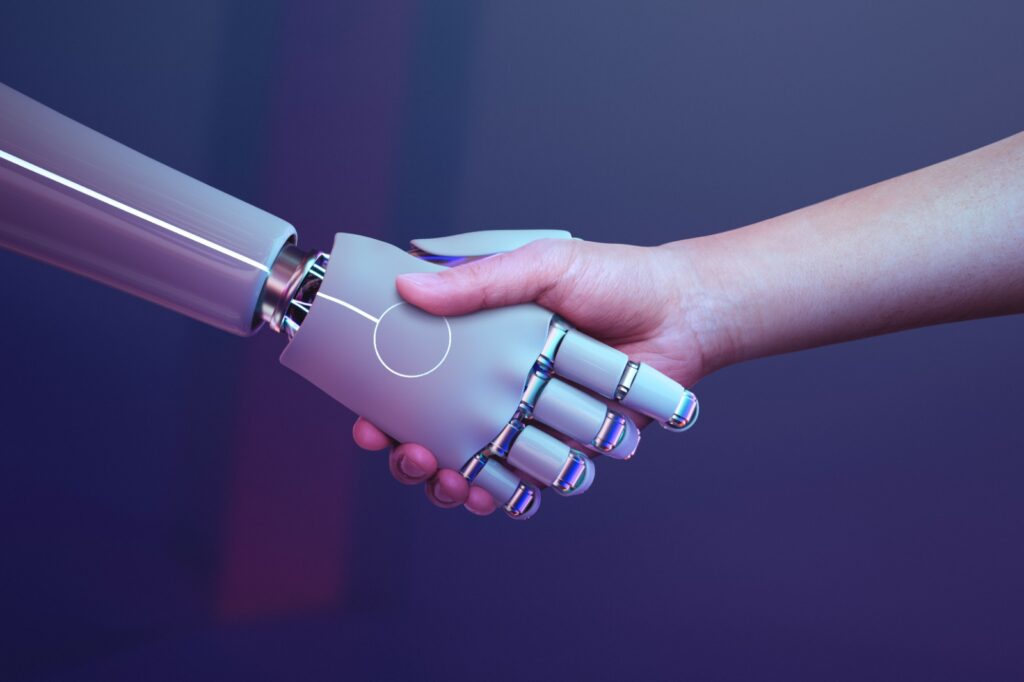Introduction:
In the fast-evolving world of technology, the specter of Artificial Intelligence (AI) looms large, raising questions about the future of various professions. One such field under scrutiny is mobile app development. As AI continues to advance, some wonder if it will replace human developers altogether. In this blog, we’ll explore the current state of AI in app development and contemplate whether it’s a harbinger of change or an opportunity for evolution.
The Current Landscape:
Mobile app development is an intricate process that demands a nuanced understanding of user experience, design principles, and coding languages. Skilled developers bring creativity, problem-solving abilities, and a human touch to the apps they create. However, AI has started to make its presence felt in the industry.
AI in Mobile App Development:
1. Automated Code Generation:
AI-driven tools like OpenAI’s Codex can generate code snippets based on natural language input. This accelerates the coding process, reducing the time and effort required for developers to bring their ideas to life.
2. Predictive Analytics:
AI algorithms can analyze user behavior, enabling developers to make data-driven decisions. This results in more personalized and user-friendly apps, as AI can predict user preferences and tailor experiences accordingly.
3. Testing and Debugging:
AI-powered testing tools can identify bugs and performance issues more efficiently than manual testing. This ensures a smoother user experience and faster development cycles.
4. Natural Language Processing (NLP):
NLP capabilities are being integrated into apps, allowing them to understand and respond to user input more intelligently. This enhances the conversational aspects of mobile applications.
The Human Touch:
While AI brings undeniable advantages to the development process, there are aspects where human developers shine:
1. Creativity:
AI lacks the ability to think creatively or understand the emotional nuances that human developers can incorporate into their designs. The spark of innovation often comes from the human mind.
2. User Empathy:
Developers can empathize with end-users, understanding their needs and pain points. This human touch is crucial in creating apps that resonate with people on a personal level.
3. Adaptability:
Human developers can adapt to rapidly changing trends and preferences. They can pivot quickly based on user feedback, ensuring that apps stay relevant in dynamic markets.
The Future Outlook:
The synergy between AI and human developers seems to be the future of mobile app development. While AI can automate certain tasks and enhance efficiency, it’s the human touch that will continue to drive innovation, creativity, and user-centric design.
Conclusion:
In the ever-evolving landscape of technology, the question is not whether AI will replace mobile app developers, but how both can coexist synergistically. The future lies in a collaborative relationship where AI augments human capabilities, streamlining processes and opening new frontiers in mobile app development. The journey ahead promises exciting opportunities for those who can adapt, innovate, and embrace the evolving partnership between artificial intelligence and human ingenuity.

